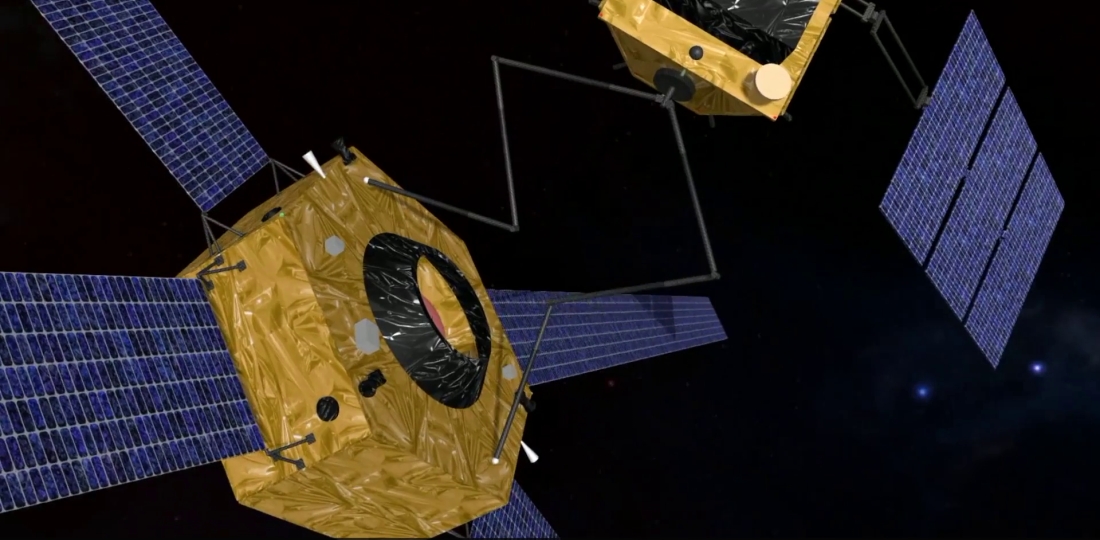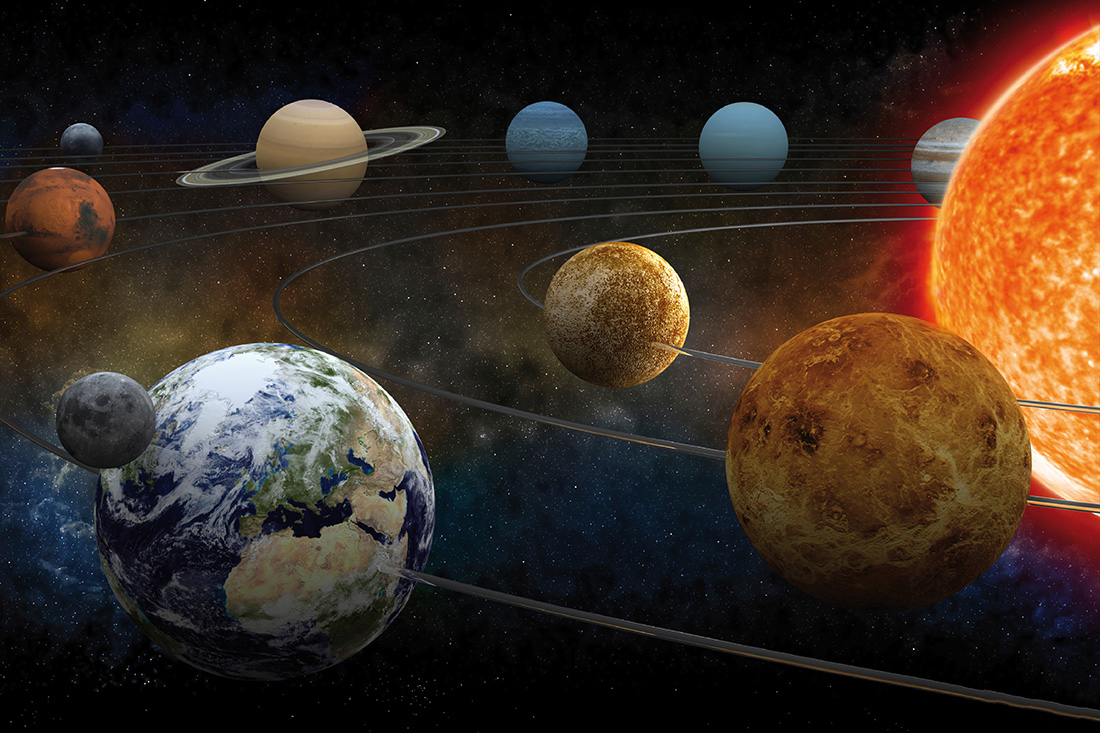Meet Sabrina Andiappane

What’s your job at Thales Alenia Space?
I’m an avionics R&D engineer, in charge of two H2020 projects led by Thales Alenia Space on behalf of the European Commission. In fact, these are R&D studies intended to develop disruptive technologies that could become a reality in the short, medium or long term. I’m fascinated by subjects like these, which are in the realm of science fiction today, but could become a reality in the future. Previously I was a telecom subsystem designer for preliminary projects and future missions, such as Mars Sample Return and Lunar Sample Return. For these two projects, we focused on developing the technologies needed to pick up samples from extraterrestrial bodies, namely the Moon or Mars. I also worked as a designer on the project for a space station in lunar orbit, the Lunar Orbital Platform-Gateway.

I’m now coordinating two H2020 projects for the EC. The first, I3DS, which was completed in mid-February, was designed to develop a suite of sensors and detectors for space exploration missions. It’s easy to imagine that this suite could be mounted on vehicles such as the rover in the ExoMars 2020 mission, or an “astromobile” that will explore the Moon. I3DS is above all intended for missions involving a rendezvous with a vehicle or object in space.

The second project bears a very evocative name, EROSS, which stands for European Robotic Orbital Support Services. It is designed to develop the basic technological building blocks needed for in-orbit servicing (IOS) vehicles, multipurpose spacecraft capable of carrying out a wide variety of orbital operations, including the deorbiting of space debris, robotic manipulation, extending the service life of satellites, in-orbit refueling, inspections, etc. This new type of vehicle signals a change in the space paradigm, as a dynamic environment gradually replaces the traditional stationary environment. Thales Alenia Space is spearheading this trend towards the development of Space Servicers, which represent a new approach to accessing space. If we ever manage to construct a lunar base in the future, Space Servicers will provide incalculable benefits for the transport and assembly of the different components needed.

Thales Alenia Space is leading a consortium of ten European companies on the EROSS project, financed by the European Commission. A number of technologies are needed to carry out in-orbit maintenance, and we are therefore developing sensors, robotic arms and grippers enabling us to capture a targeted object in orbit, along with docking and refueling interfaces. Furthermore, we will have to develop the guidance, navigation and control (GNC) system, enabling these recovery vehicles to safely approach the “sick” satellite.
What part of your job are you proudest of?

When I was a kid, space was a science fiction setting, in which we set off on an adventure in an absolutely imaginary future. Today, I’m really proud of the fact that I am able to breathe life into projects concerning robotics or space exploration, and move the dial from a “dream of exploration” to a very tangible program. I’m also delighted to be working for a company that built fully half of the pressurized volume on the International Space Station, including the famous Cupola; in fact, this activity represents some 40% of the ISS as a whole. I’m also excited to be working for a company that contributes to fantastic European and international exploration programs across the Solar System. Our products and technologies have traveled to Mars, Venus, Saturn, comets and asteroids, and they’re currently en route for Mercury with the recent BepiColombo mission. Tomorrow, we hope to see Thales Alenia Space in orbit around the Moon, or even on the Moon itself!

Could you describe a specific career highlight?
Just a few weeks ago, the I3DS project I mentioned earlier came to an end. I was very fortunate when I joined Thales Alenia Space because my manager placed me in charge of the I3DS consortium. I was only 25 years old at the time. Two and a half years later, I was both fulfilled and moved to see the successful completion of the I3DS project, to the satisfaction of our customers and all stakeholders.
What kind of qualities does your job require?
A disciplined approach, good communications ability and empathy.
Discipline, because when you’re coordinating projects with a consortium of ten other European countries, you have to be very precise in terms of project management, and take the necessary precautions.
Effective written and verbal communications enables you to overcome a number of difficulties, and also helps foster a real team spirit between the different members of the consortium.
You have to be able to understand the problems and constraints intrinsic to each partner, so you can work smoothly together while maximizing the effectiveness of the consortium; that makes empathy a decisive factor.
Working with people, being understanding and available are keys to a successful project.
Photos copyrights: © Thales Alenia Space/Marchioro & © Thales Alenia Space/Master Image Programmes; © ESA/ATG Medialab; NASA/JPL

